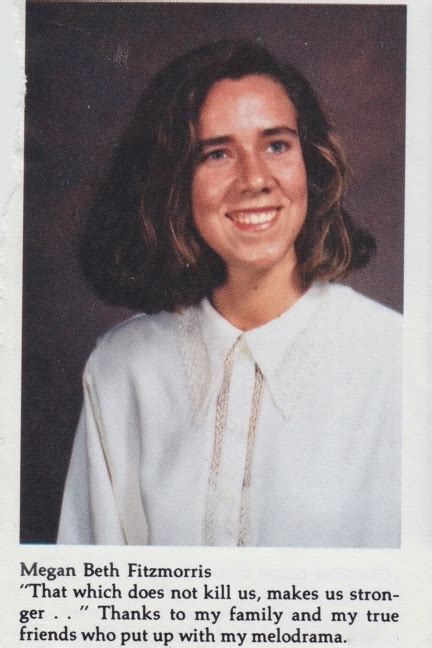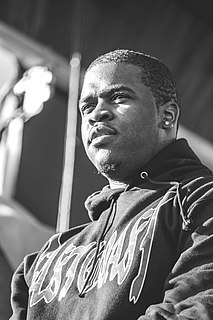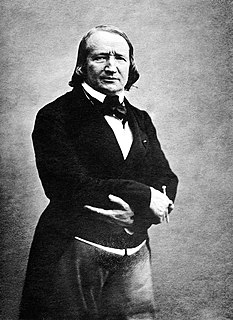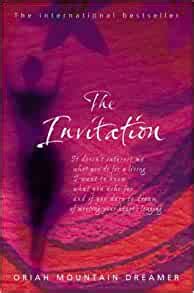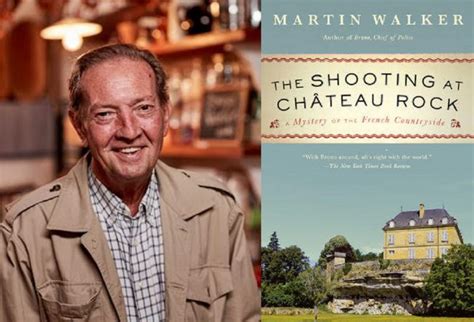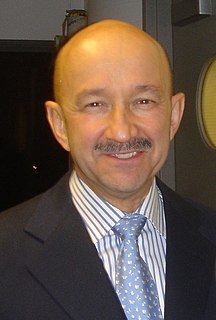A Quote by Constantin Stanislavski
Every person who is really an artist desires to create inside of himself another, deeper, more interesting life than the one that actually surrounds him.
Related Quotes
No one can teach, if by teaching we mean the transmission of knowledge, in any mechanical fashion, from one person to another. The most that can be done is that one person who is more knowledgeable than another can, by asking a series of questions, stimulate the other to think, and so cause him to learn for himself.
And now, as I'm lying alone in my own bed, I keep thinking about writhing against him last night, naked and vulnerable. Even after we'd both risen and fallen, peaked and plummeted, even after Marcus was physically shrinking from inside me, I couldn't stop clutching, crying, trying. Trying to pull him deeper, deeper, deeper within. Trying to make him more a part of me than I am myself.
Surrender your will to Him. Unconditionally. Withhold nothing. Turn it all over to Him; all of your desires, wishes, dreams and hopes. Trust in Him. Trust Him who knows all things. Trust Him who has all power. Trust Him whose love for you is perfect. Trust Him, who alone suffered, paid, and atoned for you sins, and for your weaknesses as well. Trust Him that He will make of you immeasurably more than what you will ever, ever, in all eternity make of yourself. He will create of you a masterpiece. You will create of you only a smudge. You will create an ordinary man. He will create a God.
Tell me, can you see beauty? Can you let it renew your commitment to life, every day? I don't want to wait for death to be near to receive the beauty in my life. I want to be awed every day by the truth-pretty or painful-and let it open me to the beauty that surrounds me and draws me deeper and deeper into my own life.
Today, journalists more than any other cohort of professionals, are responsible for the confusion that surrounds power and its criminality in contemporary society. As Janet Malcolm said in another context, 'Every journalist who is not too stupid or too full of himself to notice what is going on knows that what he does is morally indefensible.'
the novel is inherently a political instrument, regardless of its subject. It invites you - more than invites you, induces you - to live inside another person's skin. It creates empathy. And that's the antidote to bigotry. The novel doesn't just tell you about another life, which is what a newspaper would do. It makes you live another life, inhabit another perspective. And that's very important.
Christianity set itself the goal of fulfilling man’s unattainable desires, but for that very reason ignored his attainable desires. By promising man eternal life, it deprived him of temporal life, by teaching him to trust in God’s help it took away his trust in his own powers; by giving him faith in a better life in heaven, it destroyed his faith in a better life on earth and his striving to attain such a life. Christianity gave man what his imagination desires, but for that very reason failed to give him what he really and truly desires.
There are two primary ways in which mans relates himself to the world that surround him: manipulation and appreciation . In the first way he sees in what surrounds him things to be handled, forces to be managed, objects to be put to use. In the second way he sees in what surrounds him things to be acknowledged, understood, valued or admired.




